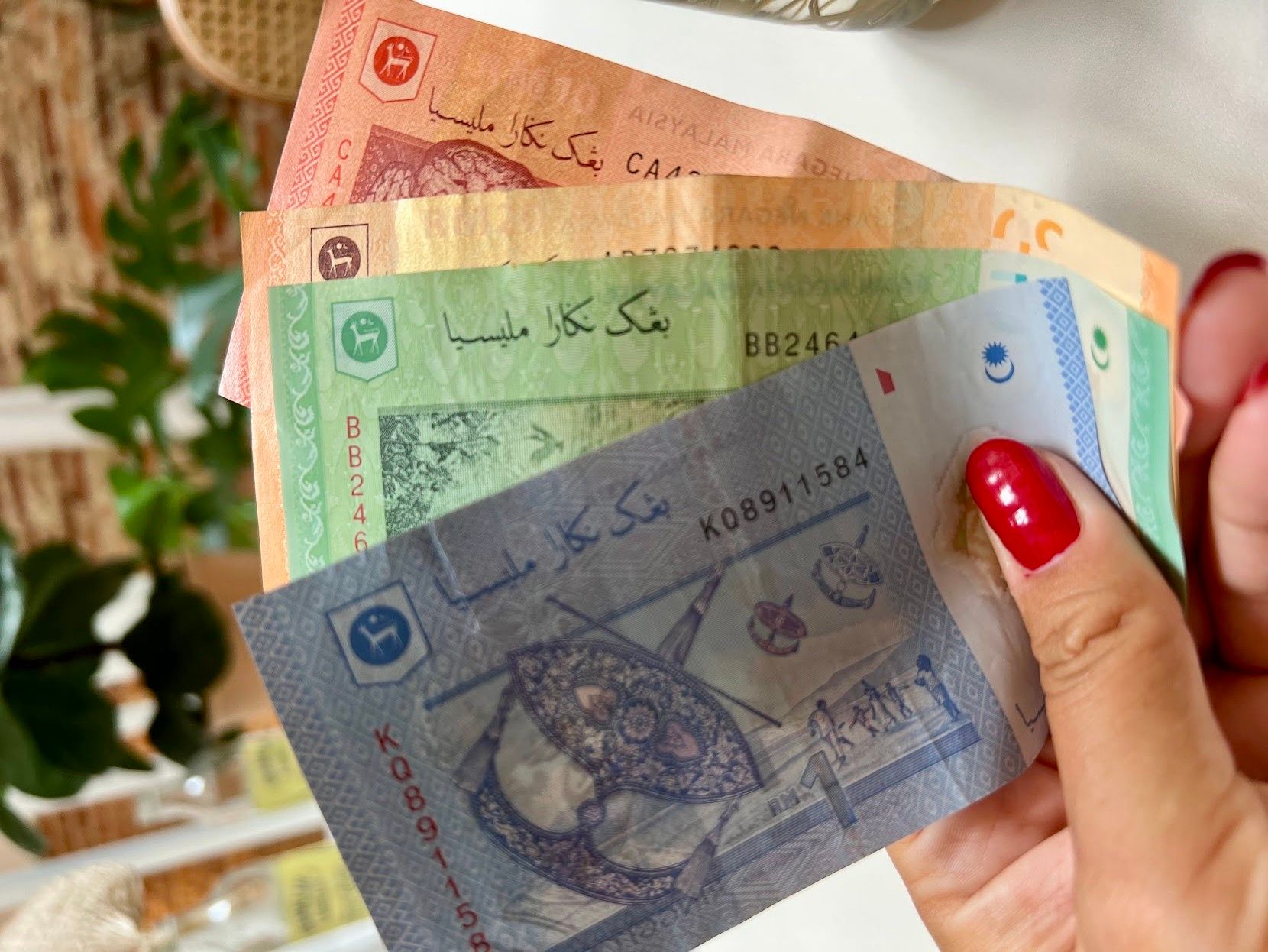How Much to Save for an Emergency Fund for Remote Life

When you are preparing for remote life, it is crucial to building up an emergency fund before your departure. This will help you if something unexpected comes up and you need money quickly.
It will also help to give you peace of mind knowing there’s a financial buffer in place – it did for Lau and I.
In this blog post, we will discuss how much to save for your emergency fund, what you might need to use it on whilst living a remote life, and some tips on saving money.
Your might find this relevant:

What is an emergency fund, and why do you need one?
Being a digital nomad comes with many perks like being able to work from anywhere in the world, set your own hours, and enjoy great freedom and flexibility. However, it’s essential to be prepared for unexpected expenses while on the road.
An emergency fund is a savings account you set up before you leave to cover these unexpected expenses. It’s also a preventative strategy to help you avoid going into debt. You may need to access this money quickly, so it’s essential to keep the funds in a readily accessible account.
Types of things an emergency fund could cover
There are several different types of things that your emergency fund can cover and which you should keep in mind when building your fund.
This will help you to determine how large your emergency fund may need to be. Below is a list of things we planned for:
- Loss of income: Depending on which path you choose to generate a remote income (remote employment vs starting a remote business), your risk will vary and, therefore, will influence the size of your required emergency fund. Regardless An emergency fund will ensure you can pay your expenses whilst looking for your next client or remote job.
- Medical bills: Whether it’s a sudden illness or injury, medical bills can quickly add up. Although you should have adequate health insurance from a reputable insurer such as Safety Wings, you may need some extra cash for unexpected medical treatment.
- Flight cancellations: If you’re relying on flights to get around, it’s always a good idea to have a backup plan in case your flight gets cancelled. This could include having enough money to book a last-minute hotel room or to rent a car.
- Visas and vaccinations: Depending on where you’re travelling, you may need a visa or special vaccinations. These can sometimes be expensive, so it’s helpful to have extra money aside if you need to get them.
- Stolen belongings: Unfortunately, theft is always a risk when travelling. Be sure to keep valuables safe and secure, and have extra money set aside in case anything does get stolen.
The importance of projecting your remote income and expenses
Deciding to become a digital nomad can be a significant lifestyle change, and it’s essential to be prepared financially. One of the biggest concerns about becoming a digital nomad is whether they can make ends meet.
Make sure you clearly understand your regular costs in your desired digital nomad destinations, as well as any one-time expenses that might pop up. Also, be sure to account for things like travel, accommodation, and living expenses and don’t be too conservative, as you tend to spend more than you expect.
How much should you save for your emergency fund?
How much you should save depends on your circumstances. However, we suggest saving up three months’ worth of projected remote expenses, which can act as the setup costs for your new remote life.
If you have yet to secure a job before departing, these funds can be used as a buffer until you do. However, we recommend establishing your remote income before starting your journey.
In addition, we’d recommend saving up a further six months of funds to act as your emergency fund. Therefore in total you should aim for nine months of expenses before departure.

Tips on how to save for an Emergency fund
You now have an idea of your projected remote expenses and a financial goal to save up to 3-9months of an emergency fund, but how do you move forward?
Your first step is to have a clear view of your current income and expenses each month to determine what’s left over to be put aside. It’s therefore important to create a Budget Spreadsheet which provides a basic overview of your financial situation.
After inputting your income and expenses into your spreadsheet, let’s say you have $1000 left over each month. It would be best to determine what percentage of this you’re willing to put towards your emergency fund vs discretionary spending.
The percentage you decide to put aside will influence the time horizon you want to start your remote life.
Here are a few further tips to keep in mind when saving for your Emergency fund
- Look for ways to cut expenses: Evaluate your spending habits and see where you can cut back even a little bit. That extra money can be put towards your emergency fund.
- Automate your savings: Set up a direct deposit from your everyday account into a savings account for your emergency fund so you don’t have to think about it.
- Make it a priority: When you have spare cash, put it into savings instead of spending it on unnecessary things. This could include birthday gifts, tax income or work bonuses.
You might find this interesting:

Final thoughts
Living a remote life comes with its own set of unique financial challenges. But by following these tips, setting a goal and staying disciplined, you can ensure that you’re prepared for anything that comes your way.
A healthy emergency fund is essential when you’re living a remote life and can help you weather any financial storm. So start building your emergency fund today so that you can hit the road on your remote journey tomorrow.
Do you have any tips on how to save for an emergency fund? We'd love to hear them - @remotevagabond
